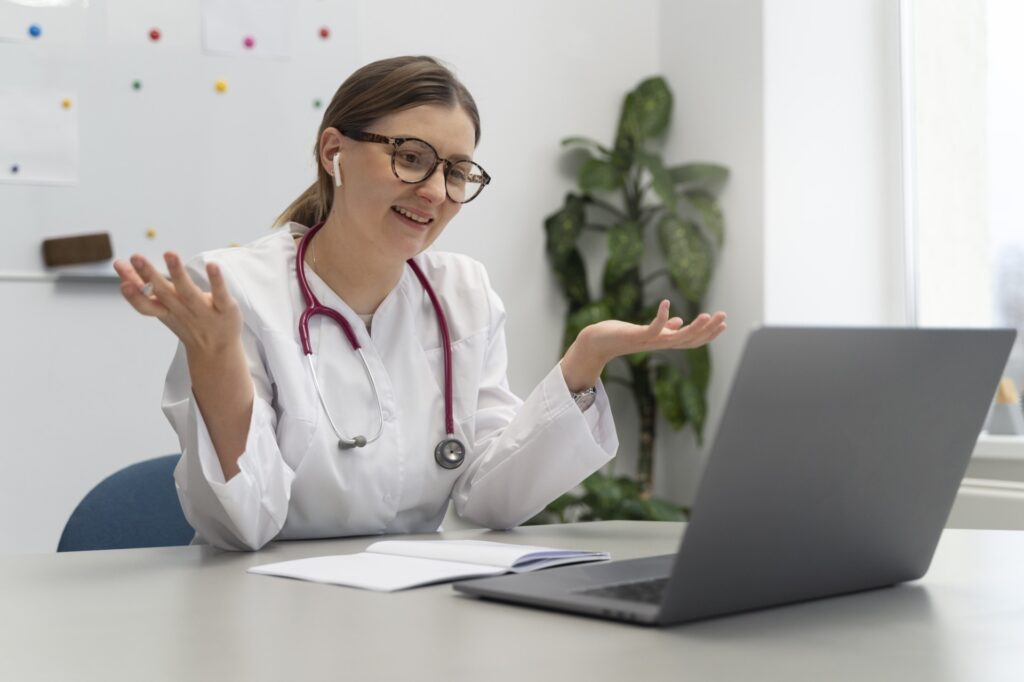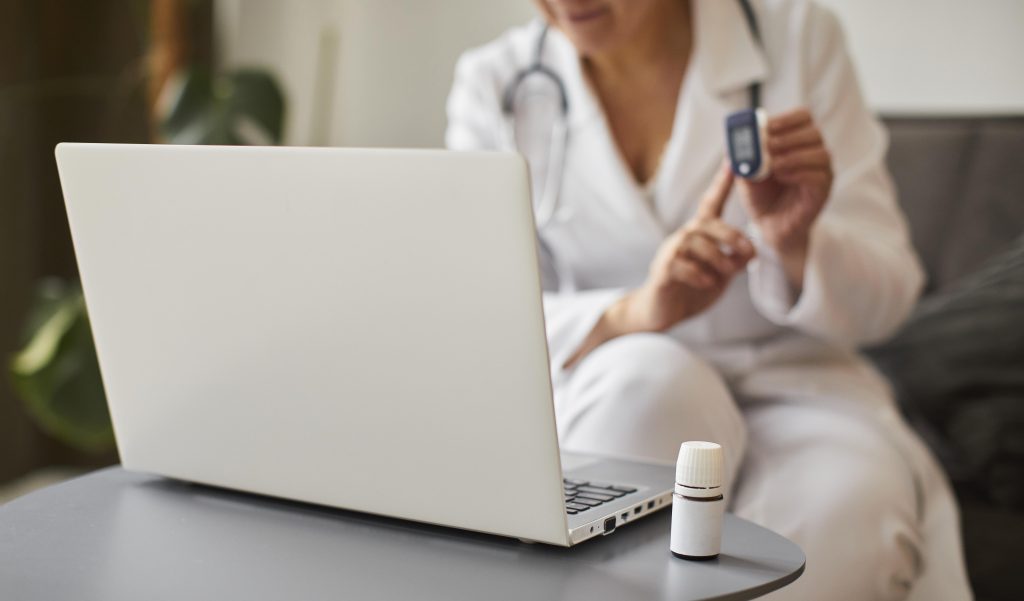Abdominal Pain
Table of content
Causes, Symptoms, and When to Seek Medical Help
Abdominal pain is a common symptom experienced by people of all ages. It can be caused by a variety of conditions, ranging from harmless issues to serious medical emergencies. That’s why it’s important to know how to recognize the cause and when to seek timely medical assistance.
Most Common Causes of Abdominal Pain
In most cases, abdominal pain is not dangerous, but there are many possible sources of the problem:
- Overeating or gas – discomfort after consuming large amounts of food or carbonated drinks.
- Gastritis or acid reflux – inflammation of the stomach lining or excessive acidity.
- Stomach or intestinal infections – most often caused by bacteria, viruses, or parasites.
- Constipation or irritable bowel syndrome – disorders that affect normal bowel movements.
- Gallstones or inflammation of the gallbladder – a common cause of severe pain in the upper right abdomen.
- Urinary tract infections or kidney stones – pain that may radiate to the back or groin.
When Abdominal Pain Requires Immediate Medical Attention
While some of these conditions may improve with home treatment, there are alarming symptoms you should never ignore:
- Severe pain lasting more than a few hours.
- Pain accompanied by vomiting, fever, or blood in the stool.
- Sharp, sudden pain that does not go away.
- Yellow skin (jaundice) or abdominal swelling.
- Sudden loss of appetite and weight.
If you experience any of these symptoms, seek medical help immediately.
Which Doctor to See for Abdominal Pain
The type of specialist depends on the suspected cause:
- Gastroenterologist – for chronic or recurring stomach and intestinal pain.
- Urologist – for suspected kidney stones or infections.
- Gynecologist – for pain related to the female reproductive system.
- General practitioner – for an initial evaluation and referral to the appropriate specialist.

Conclusion
Abdominal pain is a symptom that should not be underestimated. Even if the cause is harmless, it’s important to recognize the warning signs and seek medical help promptly. With an accurate diagnosis and proper treatment, you can protect your health and avoid potential complications.
Tip: For faster access to a doctor, consider an online consultation with a specialist, especially if symptoms appear suddenly and you need a quick assessment.


